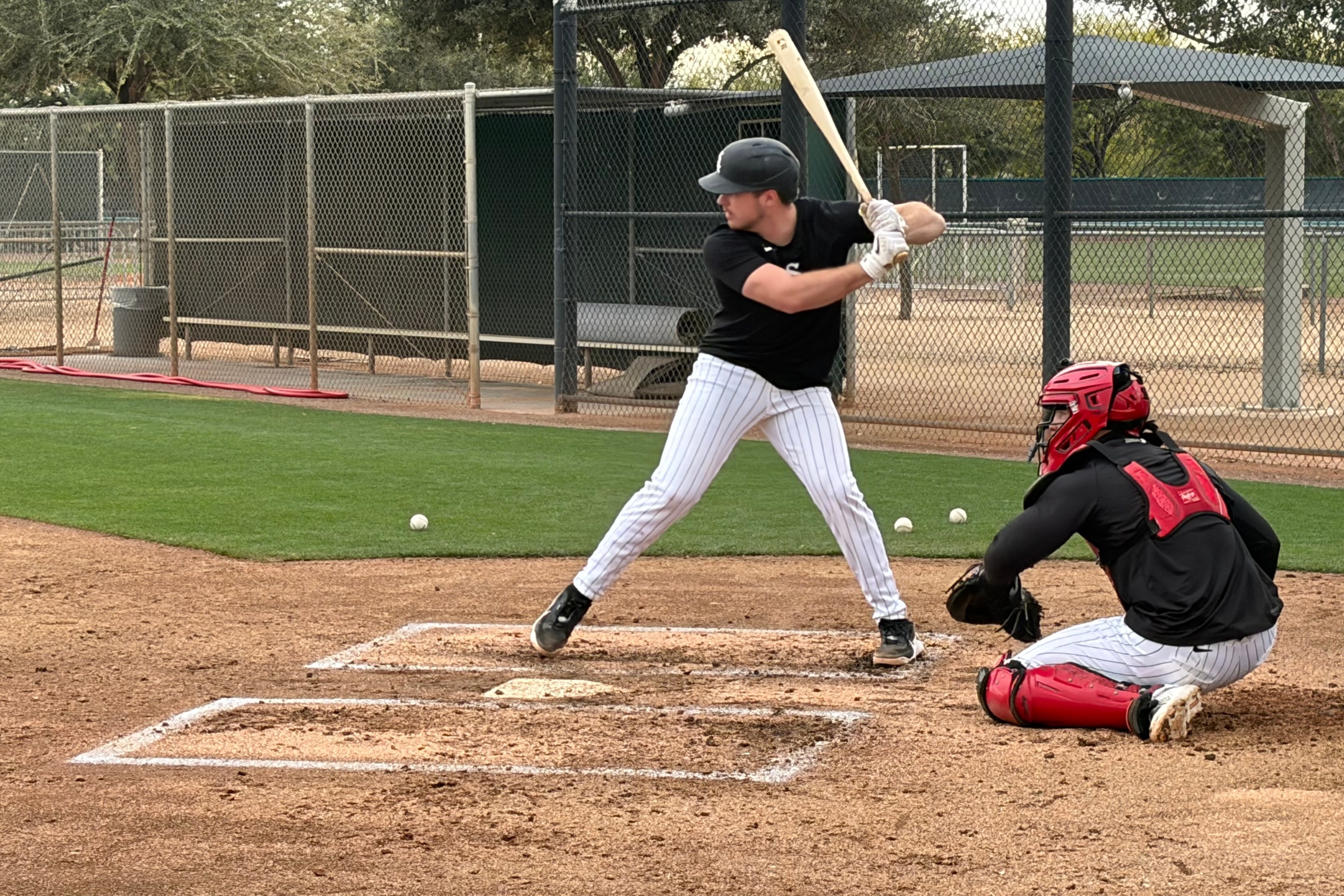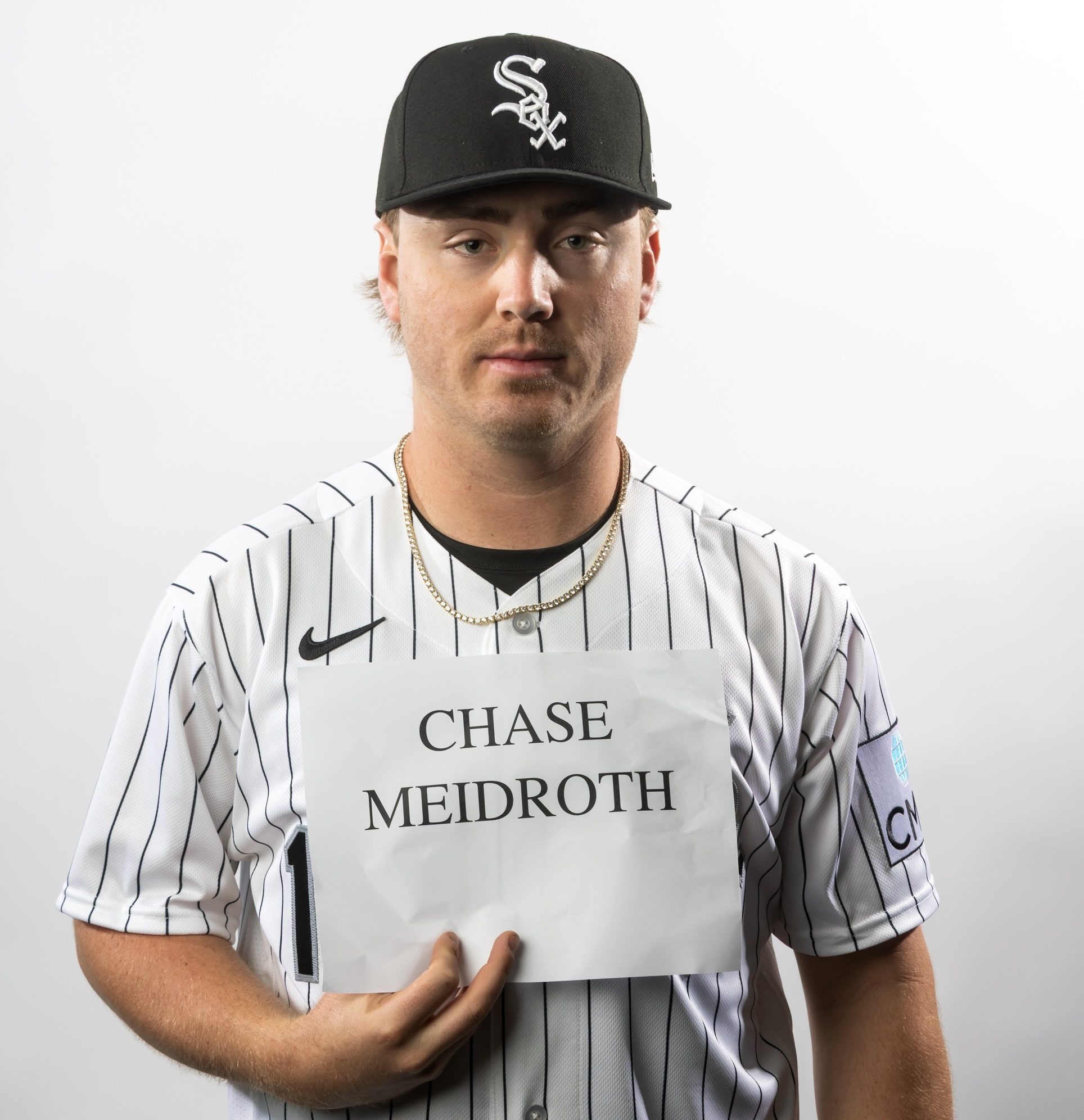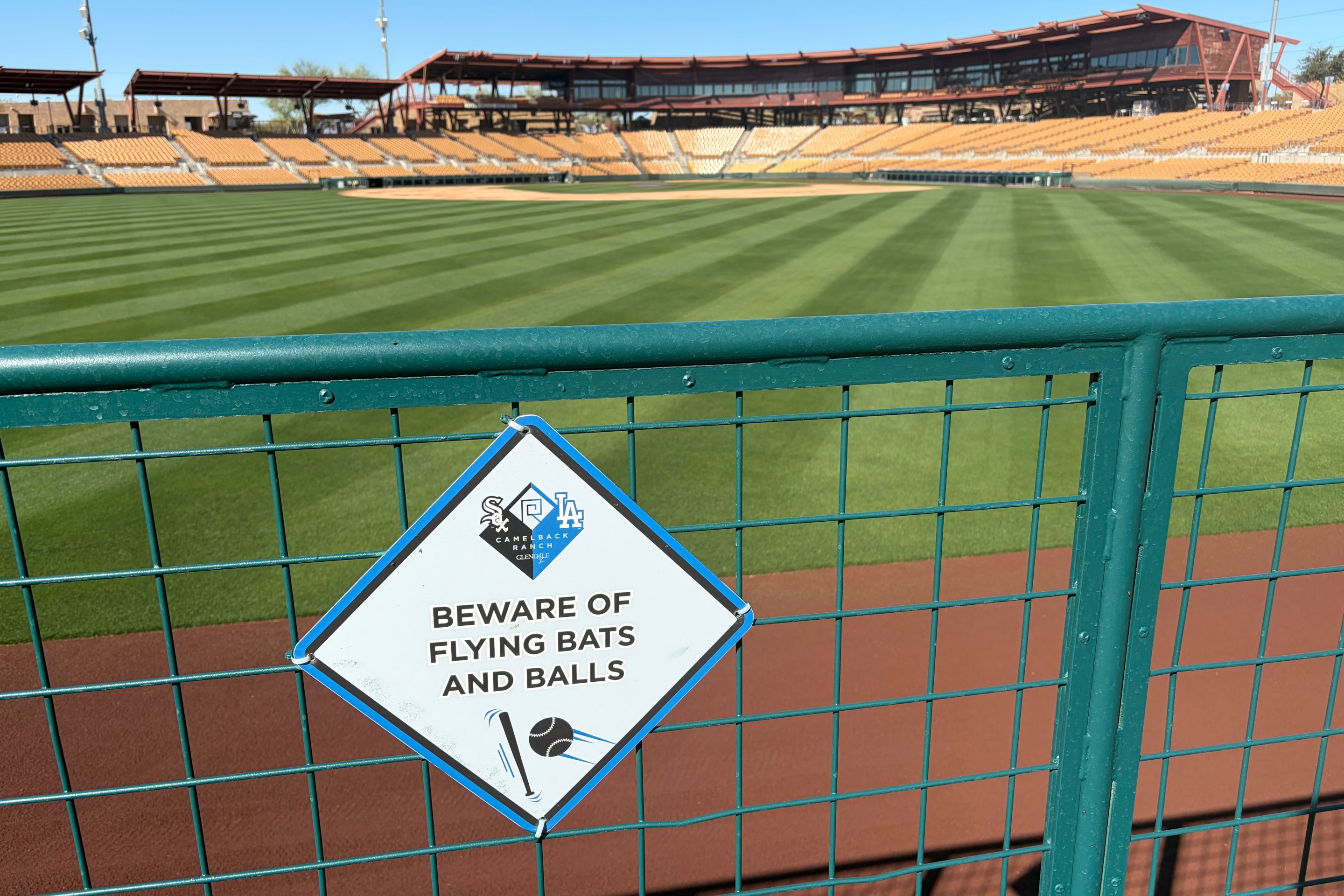Kris Bryant has reportedly lost his grievance against the Chicago Cubs over service time manipulation in 2015, and those writing about the case considered it the most likely conclusion. Here's Jeff Passan:
Major League Baseball arbitrator Mark Irvings' ruling in favor of the team was long expected, sources said, and it definitively locks in Bryant's value as Chicago considers trading him. With two seasons of team control, the Cubs can seek a far greater return than they could have had Bryant won and accelerated his free agency.
And here's Jesse Rogers:
What were the chances of him winning this anyway?
Slim to none. The language in the collective bargaining agreement wasn't going to be rewritten by an arbiter when it can be changed with input from both sides after the 2021 season. That's not to say he had no chance, but the grievance proved a point more than anything: The 172 days (out of 183) that are required to get a full year of time in the majors have made it too easy for teams to hold a player down in the minors for 10 days before beginning his major league career.
Apparently Bryant's grievance carried more value in symbolism than real-time results because it gives the union a fully realized manipulation cycle to refer to and rally around during negotiations for the next collective bargaining agreement.
It sucks, because the lack of any consequences will only encourage teams to keep exciting players from their fans for financial reasons, and it only emboldens fans who don't understand that "good faith" is a major underpinning of our legal and social system.
It also sucks because few people are going to realize how meager the reward of service time manipulation can be. I mean, look at Bryant and the Cubs. Sure, they won the World Series, but they would've been in that position had they installed Bryant as their Opening Day third baseman and avoided the grievance process entirely.
This is when the extra year of control should be paying off with a couple of 3-0 swings at the piñata. Instead, let's revisit the Passan article to see the biggest present ramification:
With two seasons of team control, the Cubs can seek a far greater return than they could have had Bryant won and accelerated his free agency.
Bryant's career is just about the best case scenario for a prospect of his caliber, but the manipulation didn't create any amazing opportunities. The Cubs finally spent their first free agent dollars of the winter this week ... on Steven Souza Jr. and Jeremy Jeffress. They still have a ton of talent and could return to the postseason, but nobody seems happy. All that's at the end of this rainbow is a low-level but persistent discontent.
* * * * * * * * *
The good news is that three months after we initially discussed this topic, the resolution of Bryant's grievance matters far less to the White Sox. The Sox sidestepped any issue with Eloy Jiménez by handing him a hefty, if still under-market, contract extension before his first MLB game. A little less than a year later, Luis Robert also received a pre-majors contract extension. Robert earned a bigger payday, and one that forces the White Sox to incur some risk, which is about the best he can do under the circumstances.
The White Sox and their fans are not completely out of the woods. There's Nick Madrigal, who is the best use of playing time at second base from the get-go. However, unless he shows up to Camelback Ranch flashing markedly more power, going with Danny Mendick and a veteran or two is not the same octane of grievance fuel, because Mendick has not yet played himself out of the "intriguing" label.
The bigger potential battle in all senses is Michael Kopech, who enters the season with one year and 41 days of service time to his name after missing the entirety of the 2019 season with Tommy John surgery. The Sox could theoretically claw back that lost year by keeping him in Charlotte into late May.
Since Kopech hasn't pitched competitively since September 2018, letting him find his five-day groove in Charlotte is a prudent course of action, especially now that the White Sox have five other credible starters. And since the White Sox are actually trying to win this year, I'd hope that they'd put service time considerations out of mind once Kopech removes the rust, concentrating instead on having the best possible rotation at any given time. They're going to need all hands on deck in order to turn postseason dreams into anything more substantial. The White Sox had been fairly aggressive with prospect promotions before they entered the rebuild, and so it's not unreasonable to assume they'd resume that course now that the win total is again the biggest priority.
Also, it's not out of the question that the Sox again dodge lingering resentment with a considerable extension during the spring, although I think that only applies to Madrigal at this time, not a post-surgery Kopech. Whichever order it takes, the Sox might be susceptible to the same forces that make manipulation a standard practice, but if the from-a-distance perceptions of the clubhouse are any indication, they do seem to have a handle on patching up relations on the other side of it.
[/et_pb_text][/et_pb_column] [/et_pb_row] [/et_pb_section]





